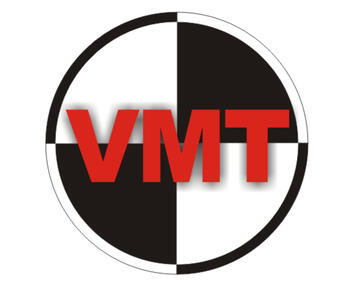
It seems as if anything can be done – truly anything – if it is in the name of safety.
From the pandemic to peanut butter, as long as a new rule, regulation, mandate, dictate is couched in the language of improving safety it is either completely cosseted from criticism or its possibilities for gross governmental misuse are downplayed as the ravings of a paranoid lunatic.
California and the rest of the nation may very well soon learn that when it comes to “good intentions,” if the government is involved the true intentions are often hidden and they are very rarely good.
And it is on these intentions the imposition of a Vehicle Miles Traveled (VMT) on drivers could be introduced at a federal level.
In the Biden infrastructure bill signed last year, a relatively obscure bit calls for all new cars built after 2026 to have a “kill switch.”
Sold as a way to combat drunk driving, the system would involve various unclear-at-the-present technologies (yes your car will have to be able to literally watch you) to detect whether or not you could be impaired and if the car determines that to be that case then the car won’t start.
Per usual, the proponents of the bill claim that no nefarious future actions are possible.
From an AP story dispelling the myth of the “kill switch” (serious water carrying there) Robert Strassburger, president and CEO of the Automotive Coalition for Traffic Safety, said any information collected will “never leave the vehicle.”
In other words, it’s not really a “kill switch” and safe drivers really don’t have to worry ever and we’re doing this for your own good and anyone who thinks this device will ever be used in any other way by any government agency is nuts and bad and crazy and might be a domestic terrorist.
We’ve seen this movie before.
What proponents do not care to emphasize is the fact that the car must “passively” monitor the vehicle and driver and that the system will have at least one port of entry for someone (or something) outside the vehicle to access the system, a port of entry that will be perfect for the imposition of a VMT.
Briefly, a VMT is a direct tax on driving instead (theoretically, very theoretically) of the gas taxes currently paid at the pump.
The imposition of a VMT has multiple potential permutations, from simply charging a flat rate per mile driven to modifying the rate depending upon when the car is driven (higher for rush hour, for example,) to charging more based on where the car is driven (known as cordon pricing) or even how much the driver earns in a year – for a detailed breakdown of the possibilities, see HERE.
To make the tax work – unless the government would rely on self-reporting which it won’t because, well, duh – a vehicle needs to be tracked at all times.
This aspect has led to fierce public opposition to the concept, but if the tracker is already in the car for “safety” purposes some of this opposition may be tamped down (the same rationale goes for the eventual introduction of the self-driving car – which clearly need to be tracked at all times – lessening criticism of the concept.)
The VMT has been simmering in Sacramento for years, has been pilot programmed in multiple states, and is already in place in multiple jurisdictions.
Read the rest of this piece at The Point.
Thomas Buckley is the former Mayor of Lake Elsinore and a former newspaper reporter. He is currently the operator of a small communications and planning consultancy and can be reached directly at planbuckley@gmail.com. You can read more of his work at thomas699.substack.com.
Image: courtesy The Point.












